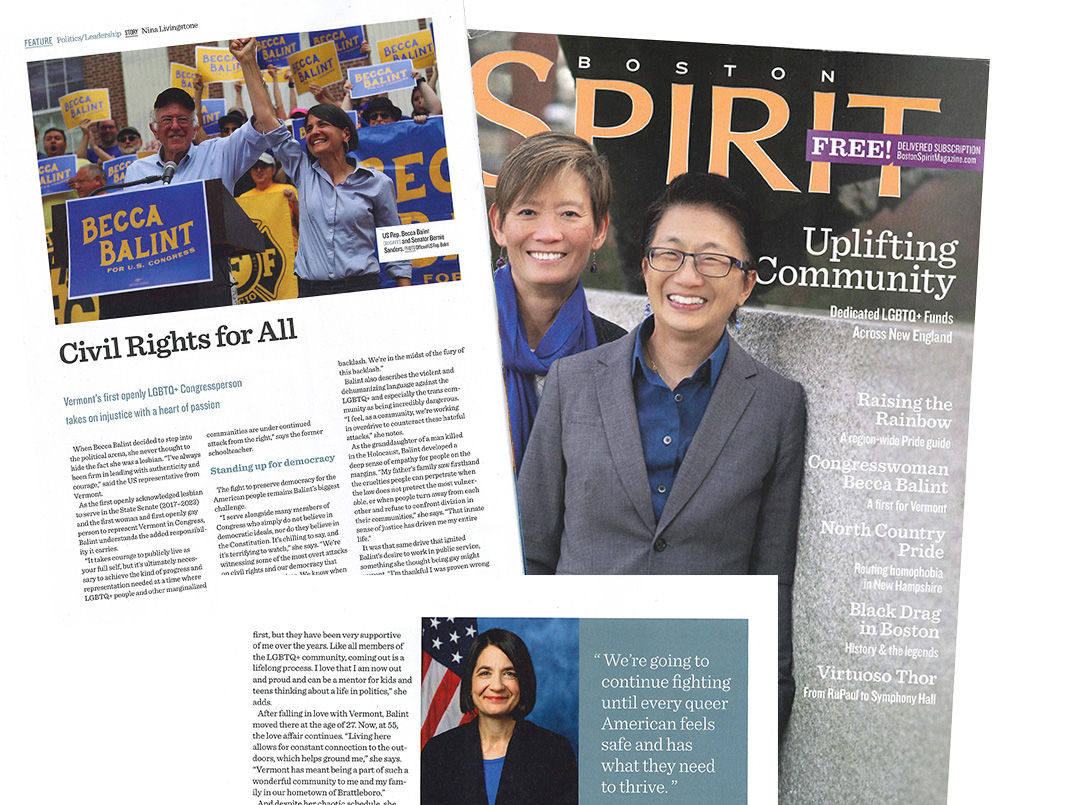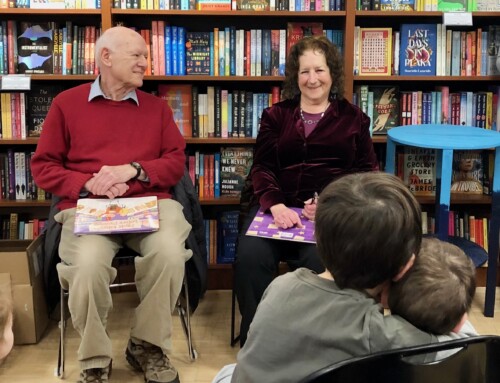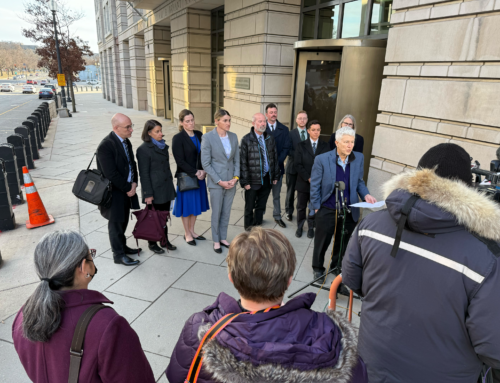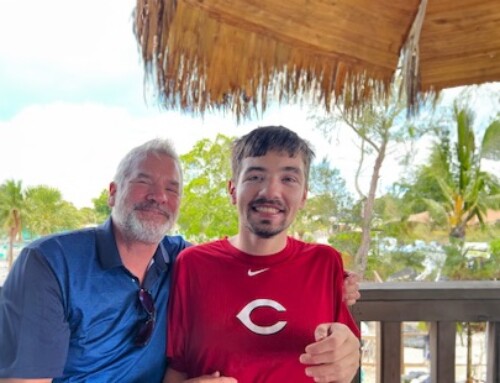Summary
This article tells the story of Becca Balint who decided to step into the political arena, but never thought to hide the fact she was a lesbian.
Vermont’s first openly gay congressperson takes on injustice with a heart of passion
By Nina Livingstone
When Becca Balint decided to step into the political arena, she never thought to hide the fact she was a lesbian. “I’ve always been firm in leading with authenticity and courage,” said the U.S. representative from Vermont.
As the first openly acknowledged lesbian to serve in the State Senate (2017-2023) and the first woman and openly gay person to represent Vermont in Congress, Balint understands the added responsibility it carries.
“It takes courage to publicly live as your full self, but it’s ultimately necessary to achieve the kind of progress and representation needed at a time where LGBTQ+ people and other marginalized communities are under continued attack from the right,” says the former schoolteacher.
The fight to preserve democracy for the American people remains Balint’s biggest challenge. “I serve alongside many members of Congress who simply do not believe in democratic ideals, nor do they believe in the Constitution. It’s chilling to say, and it’s terrifying to watch,” she says. “We’re witnessing some of the most overt attacks on civil rights and our democracy that we’ve seen in a long time. We know when we make progress, there will always be a backlash. We’re in the midst of the fury of this backlash.”
Balint also describes the violent and dehumanizing language against the LGBTQ+ and especially the trans community as being incredibly dangerous. “I feel, as a community, we’re working in overdrive to counteract these hateful attacks,” she notes.
As the granddaughter of a man killed in the Holocaust, Balint developed a deep sense of empathy for people on the margins. “My father’s family saw firsthand the cruelties people can perpetrate when the law does not protect the most vulnerable, or when people turn away from each other and refuse to confront division in their communities,” she says. “That innate sense of justice has driven me my entire life.”
It was that same drive that ignited Balint’s desire to work in public service, something she thought being gay might prevent. “I’m thankful I was proven wrong and was encouraged to eventually pursue this path.”
Balint can count actress Jane Lynch among her supporters. Lynch, who has been a friend of Balint’s for several years, was listed as a major donor in her 2014 campaign for State Senate. “I really respect her work and find inspiration in her ability to navigate Hollywood as an out gay woman,” Balint adds.
Married to attorney Elizabeth Wohl, since 2009 — with a civil ceremony in 2004 — the couple has two children, Abe and Sarah. Balint calls them her team. “We all make sacrifices for me to do this job and I try never to take my support team for granted,” she admits, adding. “They keep me grounded, keep me smiling and give me hope for the future.”
It was when Balint’s wife was pursuing her career as a lawyer that they decided it made sense for Balint to stop teaching full time and stay home with their two young children.
“It was during that time that I couldn’t shake the feeling that I had always been called to do public work,” she explains. “When Elizabeth suggested I run for office, I initially thought it was not the time. But she reminded me it’s never going to be a good time. We joke that we went into my first campaign thinking there was no way I’d win, but Windham County proved us wrong.”
When asked what advice she would give an LGBTQ+ person following in her political footsteps, Balint says, “It’s easy to think, ‘Oh, it’s 2024,’ or ‘Oh, it’s a blue state,’ that society has progressed and it’s not like it used to be.
“But the LGBTQ+ community is still facing violence and deep hate, especially in spaces that were built for wealthy straight men. Our community has made leaps and bounds of progress, but there is still so much work to do, and when in a position of political power, your presence is not always enough. You have to consistently make your voice heard and continue fighting to dismantle LGBTQ+ hate.
“I knew I was gay when I was 11, but I didn’t come out to my family until I was 19 or 20. It was difficult for my parents at first, but they have been very supportive of me over the years. Like all members of the LGBTQ+ community, coming out is a lifelong process. I love that I am now out and proud and can be a mentor for kids and teens thinking about a life in politics,” she adds.
After falling in love with Vermont, Balint moved there at the age of 27. Now at 55, the love affair continues. “Living here allows for constant connection to the outdoors, which helps ground me,” she says. “Vermont has meant being a part of such a wonderful community to me and my family in our hometown of Brattleboro.”
And despite her chaotic schedule, she still finds time to rock climb and ride her motorcycle on Vermont’s backroads.
“Being able to serve my state in Congress and previously as the president of the Vermont State Senate has been such an honor. I really believe we can do politics differently when we lead with compassion and love.”
Balint encourages her community to share the real, everyday challenges they’re facing, so she can bring “these important stories with me to Washington and see what I can do to fix them,” she says. “This is a vulnerable process, but I’m in a position to be a real voice and changemaker for all LGBTQ+ Americans, and I do not take that lightly. We’re going to continue fighting until every queer American feels safe and has what they need to thrive.”
This article originally appeared in Boston Spirit magazine. To receive a free subscription, visit its website.







